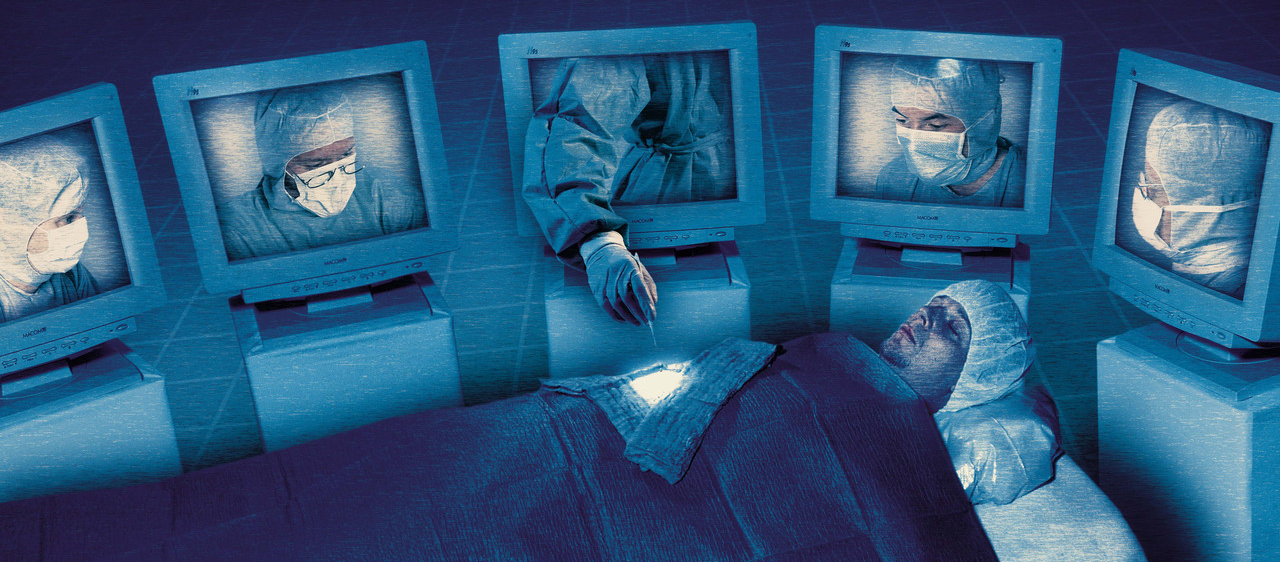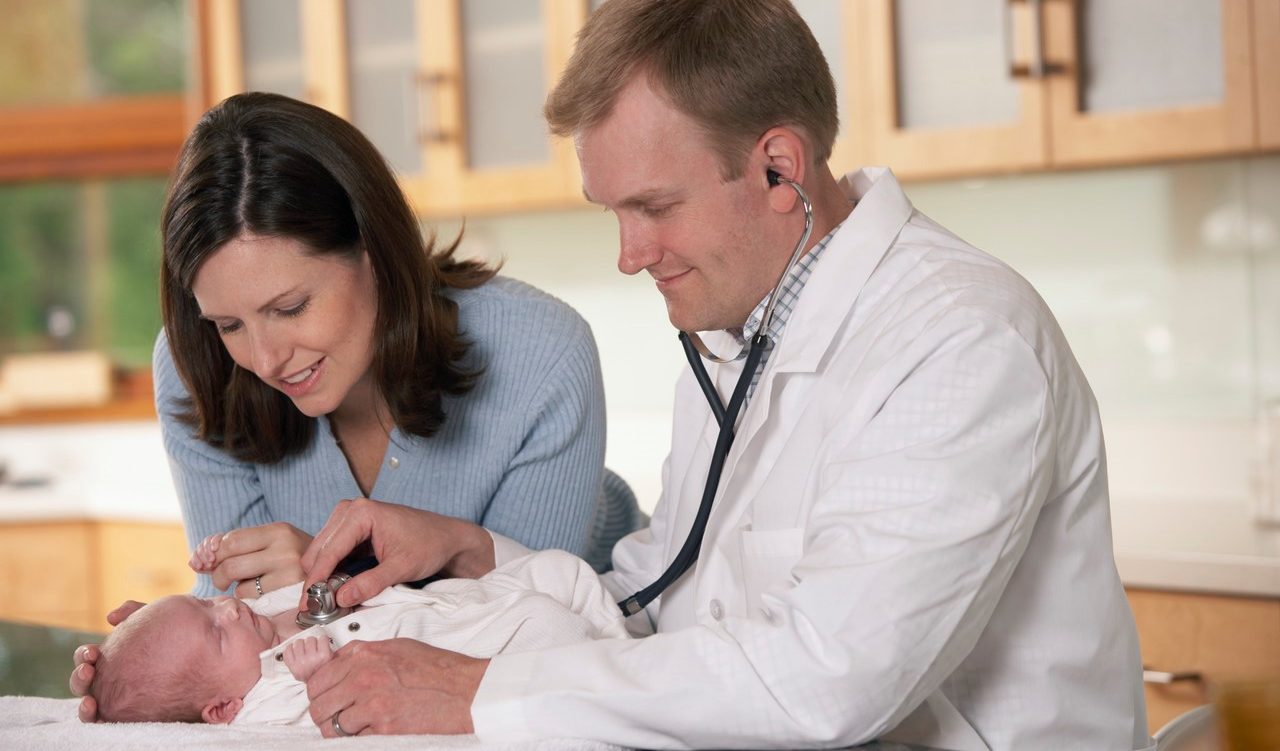January 20, 2016
Consumers Can Find Clinical Excellence from Dr. Google

It’s no secret that consumers often turn to the web as a first source of information when they have a health malady or question. In fact, 1 in 20 Google searches are for health-related information.
Dr. Tanya Feke recently wrote Dr. Google should be sued for malpractice. Here’s why, listing 4 primary reasons why she dreads when patients say, “but I read it on the Internet….” Even though she says she appreciates her patients being proactive, this phrase often comes bundled with an agenda and request for tests and treatments that aren’t necessary.
We live in the age of the empowered patient, when each of us is our own best advocate, and we must be informed throughout the continuum of care — before, during, and after we step foot in the exam room. That’s why it’s critical, as Dr. Feke points out, to ensure patients use sources of clinical excellence within the vastness of Dr. Google, such as YourCareEverywhere.
Point by point, here’s how YourCareEverywhere addresses her concerns. Italicized words are quoted from her article.
1. Outdated content.
“Thanks to ongoing research, medical information is always evolving.”
Each article is dated so readers know when it was last updated. Additionally, the News page publishes breaking health news so consumers can stay up-to-date with the latest developments in health and wellness.
2. Biased information.
“If you think you have a certain medical problem, it might not be hard to find information skewed in that direction…whether or not it is the most up to date or from a reliable source.”
YourCareEverywhere is both up-to-date and reliable, and the site offers users multiple ways to search for diseases and conditions. They can search by name if they suspect they have a certain problem, they can browse alphabetically, or they can use our symptom checker to help refine possibilities holistically.
3. Experience.
“Have you ever thought about who is writing all this medical content?”
Our team of writers are experienced healthcare journalists who interview multiple medical experts and reference many secondary research assets for each article they write. Furthermore, we license medical reference content from Krames Staywell, the largest provider of patient education, consumer health information, and population health management communications in the country.
4. References.
“How many times have you found a compelling article on a medical subject but not found a list of references to support it?”
Each original article that we publish includes three types of references:
- In-text citations following all Associated Press guidelines to demonstrate the sources our journalists interviewed
- Hyperlinked words and phrases to reports, case studies, and other articles referenced by our journalists
- End-of-article reference list naming the licensed, practicing clinician — MD or RN — who medically reviewed the article
Dr. Google can be an overwhelming place for consumers who want to arm themselves with the most up-to-date health information to take to their physician. If people looked in the right places, however, I think even Dr. Feke’s dread might be assuaged when the patient says, “But I read on YourCareEverywhere….”

